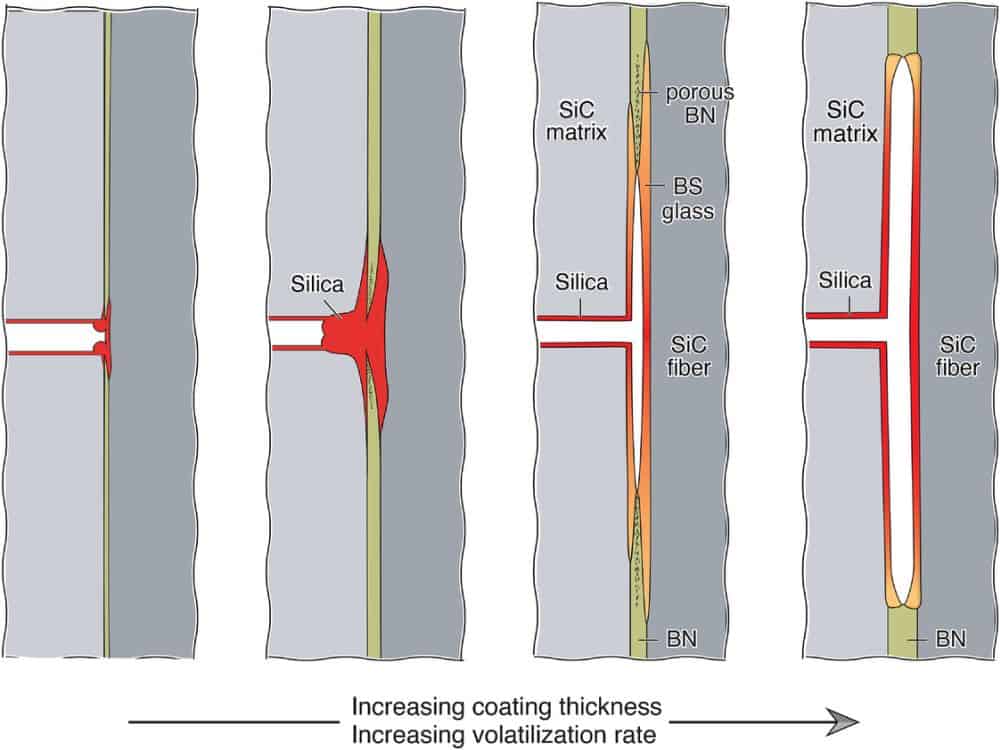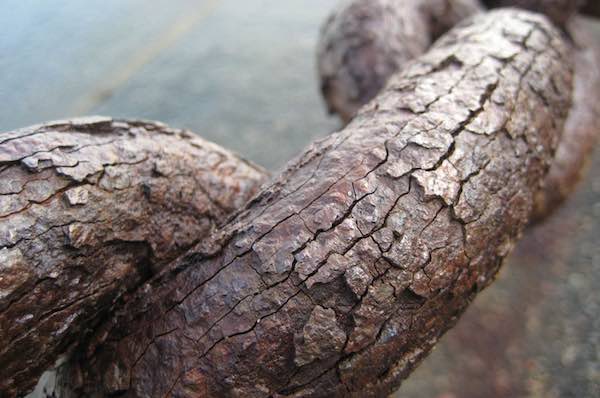Food waste is a major problem in the United States. To combat this problem, researchers at the Massachusetts Institute of Technology developed a sensor that monitors the plant hormone ethylene, which could reveal when fruits and vegetables are about to spoil.
Read MoreResearchers have created a carbide material that outperforms conventional UHTCs. Their discovery could lead to new coatings on hypersonic aircraft that can withstand extreme temperatures at Mach 5 speeds.
Read MoreOne of America’s most iconic representations of its freedom towers some 305 feet above Liberty Island in New York City, N.Y.—the Statue of Liberty. Watch this video to learn more about the unique chemistry of her materials.
Read More





